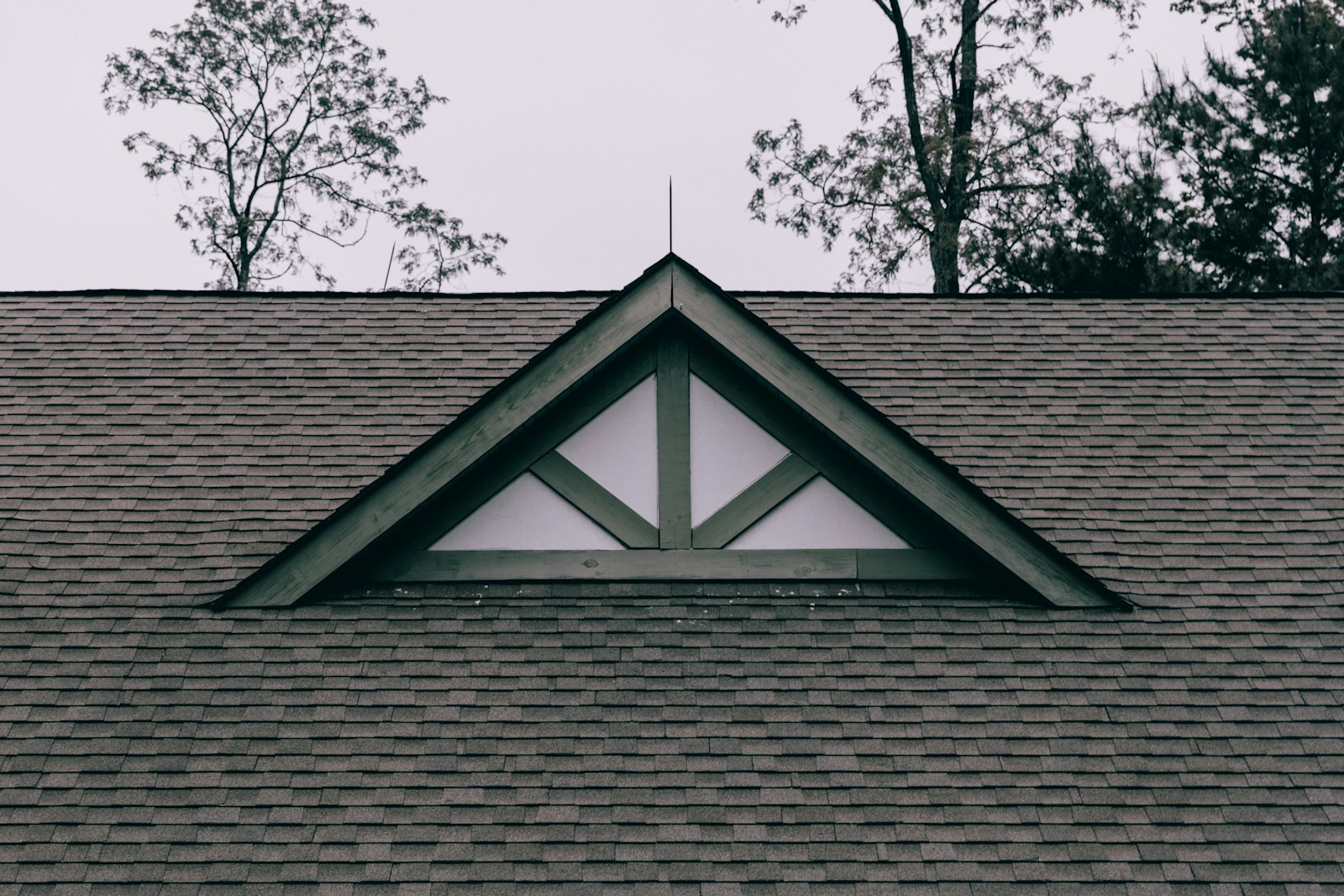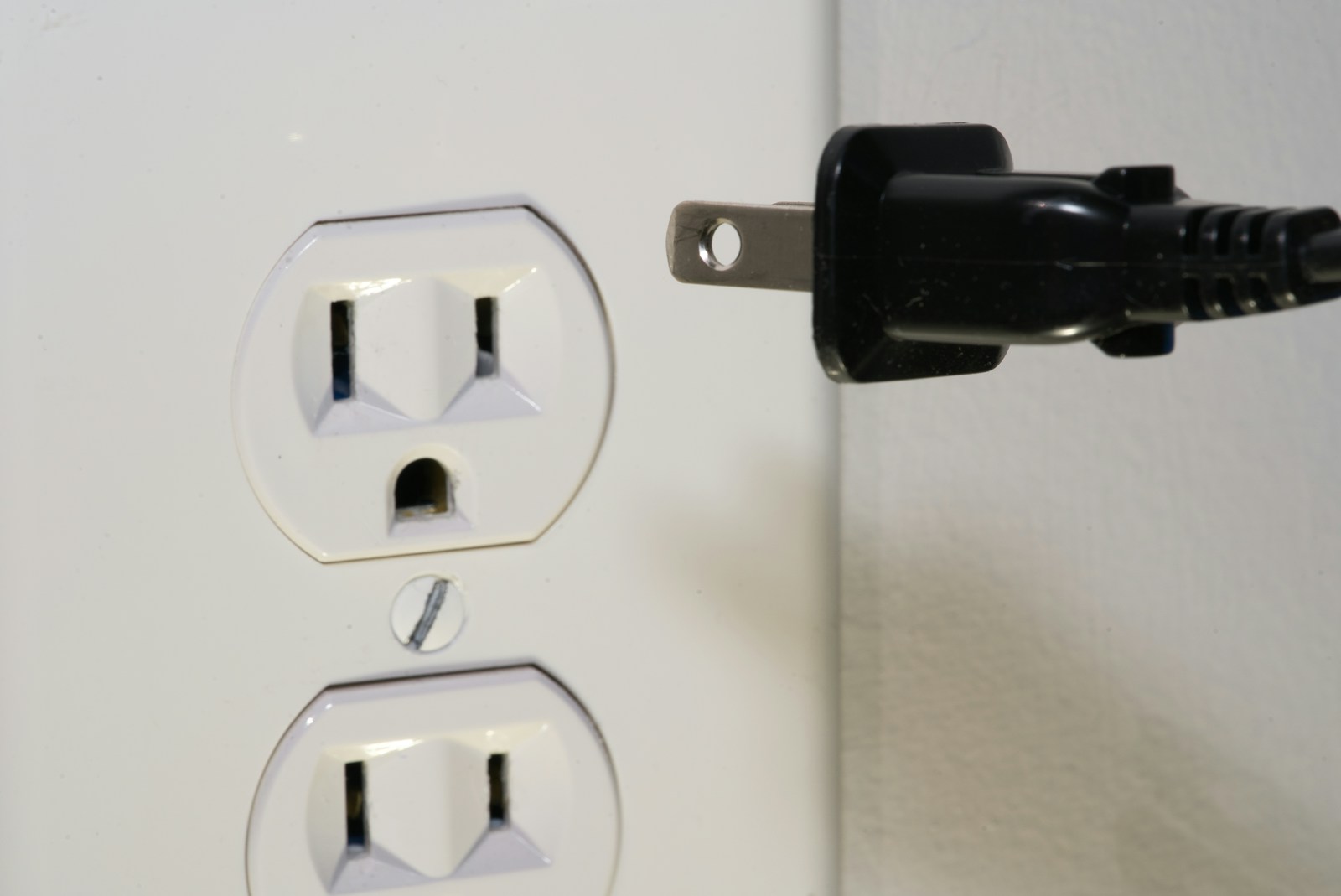The cost of installing a new roof can vary significantly depending on several factors, such as the size and pitch of the roof, the materials used, labor costs, and geographic location. For most homeowners, a new roof is one of the largest and most important investments they will make in their property. Understanding the key elements that affect the price can help in planning and budgeting for this essential home improvement. If you need a new roof, roof contractors near Delta Ohio can help.
1. Size and Complexity of the Roof
One of the main factors that determine the cost of a new roof is its size. Roofing materials are typically priced per “square,” which is equivalent to 100 square feet. The larger the roof, the more materials and labor will be required, which directly impacts the cost. Additionally, the complexity of the roof—such as the number of slopes, valleys, skylights, and chimneys—can make installation more challenging and expensive.
2. Roofing Materials
Another major influence on cost is the type of roofing material selected. Asphalt shingles are the most common and budget-friendly option, usually costing between $5,000 and $10,000 for an average-sized home. Metal roofs are more durable and energy-efficient but are also more expensive, ranging from $10,000 to $20,000 or more. Tile and slate roofs offer a premium look and long lifespan but can cost upwards of $25,000 to $50,000 due to their weight and labor-intensive installation.
3. Labor Costs
Labor costs vary depending on the region and the experience of the roofing contractor. In areas with a high cost of living or strong demand for skilled labor, installation costs can be considerably higher. It is important to hire a licensed and insured professional with good reviews, even if their quote is slightly higher, to ensure quality workmanship and long-term performance.
4. Removal of the Old Roof
Before installing a new roof, the old one often needs to be removed. This process involves additional labor and disposal fees, typically adding $1,000 to $2,000 to the total cost. In some cases, new roofing can be installed over the existing one, but this depends on local building codes and the condition of the existing roof.
5. Additional Costs
Other potential expenses include structural repairs if there is damage to the roof deck, the addition of insulation or ventilation systems, and custom features like skylights or solar panels. These extras can significantly increase the overall price but can also improve energy efficiency and comfort in the long run.
In summary, the cost of a new roof can range from $5,000 to over $50,000, depending on various factors. Homeowners should get multiple quotes, research materials, and understand their local market before committing to a roofing project. While the upfront cost can be high, a new roof is a crucial investment that protects the home and can increase its value and curb appeal.



